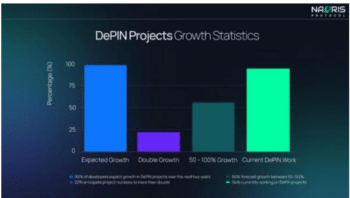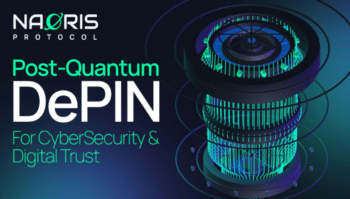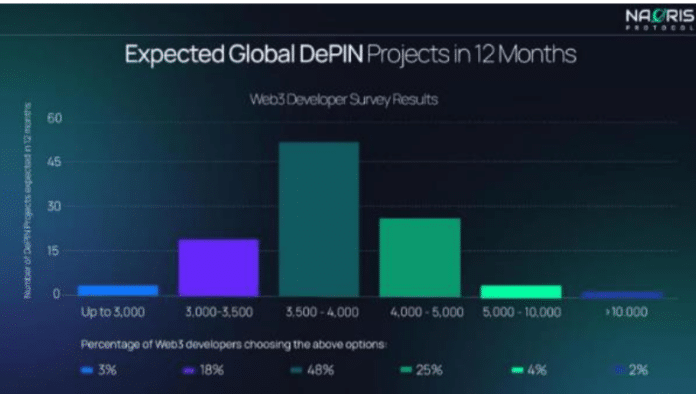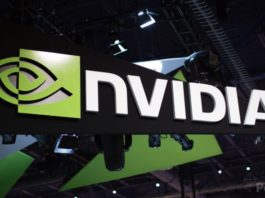New research shows 95% of Web3 developers are worried about quantum computing’s cybersecurity threat, with DePIN seen as a key solution. 99% anticipate DePIN growth in the next two years, with 22% expecting project numbers to double.

As quantum computing poses a growing threat to traditional encryption methods, Web3 developers are turning to Decentralized Physical Infrastructure Networks (DePIN) to bolster security across key sectors. A study conducted by Naoris Protocol, a leader in post-quantum decentralised security, reveals that 87% of developers believe DePINs will be vital in addressing the challenges posed by quantum computing in the next decade.

The research highlights widespread concern over quantum computing’s potential to break established encryption techniques. In fact, 95% of developers are worried about the cybersecurity risks, with 36% expressing strong concern. However, they see decentralized networks, particularly DePINs, as a promising solution. These networks not only offer scalability—83% of respondents believe DePINs have high scalability potential—but also help support the rapid expansion of connected devices within IoT ecosystems.
DePIN technology decentralizes critical infrastructure, including cloud, computing, GPU resources, connectivity, energy, storage, and data. Successful projects like Helium’s decentralized wireless network and Render Network’s distributed GPU rendering showcase the versatility and potential of DePINs. Helium, for example, has onboarded over a million hotspots, creating a decentralized IoT connectivity ecosystem that generates passive income for users.
For individuals, DePINs offer affordable access to decentralized services, cost savings, and improved privacy, enabling them to maintain control over their data. This shift signals DePIN’s transformative potential for industries such as finance, healthcare, defense, and energy.Currently, over 2,369 DePIN projects are underway worldwide, with projections indicating the number could rise to 4,000 or more within the next year. DePIN reduces reliance on centralized entities, fosters community participation, and introduces new economic incentives, making it a critical tool in the fight against quantum computing threats.
David Carvalho, CEO of Naoris Protocol, states, “Web3 developers understand the importance of keeping data on DePIN devices. As we continue decentralizing the internet, DePIN will play an increasingly vital role.” According to Naoris Protocol’s research, Web3 developers expect significant growth in DePIN projects, with 99% anticipating an increase in the number of DePIN projects their organizations will engage in within the next two years.




